Title: A literature review of climate change-related risk factors for cancer development
Journal: Environmental Research Health
DOI: https://doi.org/10.1088/2752-5309/adcfb9
Abstract: The effects of climate change are wide-reaching, impacting both natural ecosystems and human populations, with the increased exposure to ultraviolet (UV) radiation and high temperatures causing extensive health problems and disruptions in food and water supplies, exacerbating existing health issues. Climate change also aggravates extreme weather events, leading to environmental catastrophes related to cancer development and prevention. Although the impacts of climate change on human health have been widely studied, for example, regarding the effects of UV radiation and air pollution, it is an emerging area for its effects on chronic diseases like cancer, remaining a subject of ongoing research. This review found a strong link between environmental risk factors, such as UV radiation, ozone, high precipitation, air pollutants, food insecurity and chemical toxins, and the development of certain cancers, particularly evident in skin, lung, esophagus, and colorectal cancers. As the global climate continues to change, it is essential to comprehend and address the interactions between environmental factors and human health to mitigate its impacts on overall well-being.

Here in the Climate Smart Lab, we are a group of people developing sustainable climate solutions with cutting-edge technologies to help build climate-resilient communities. Collectively, we are working together with experts from all disciplines to build a climate-smart future for the next generation and many generations to come.